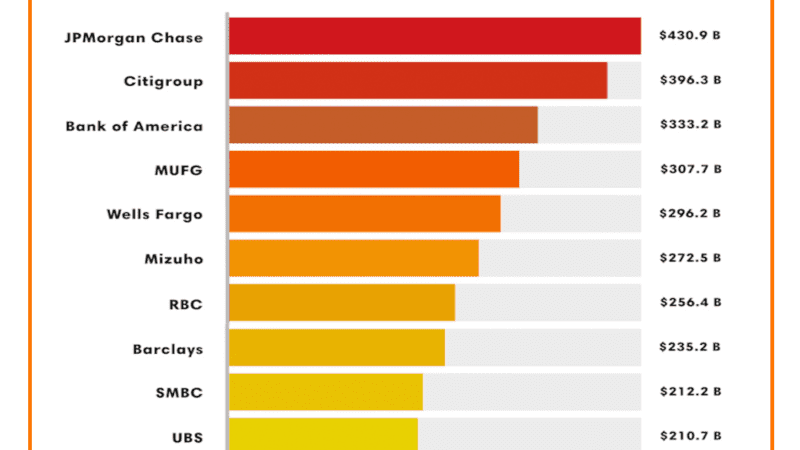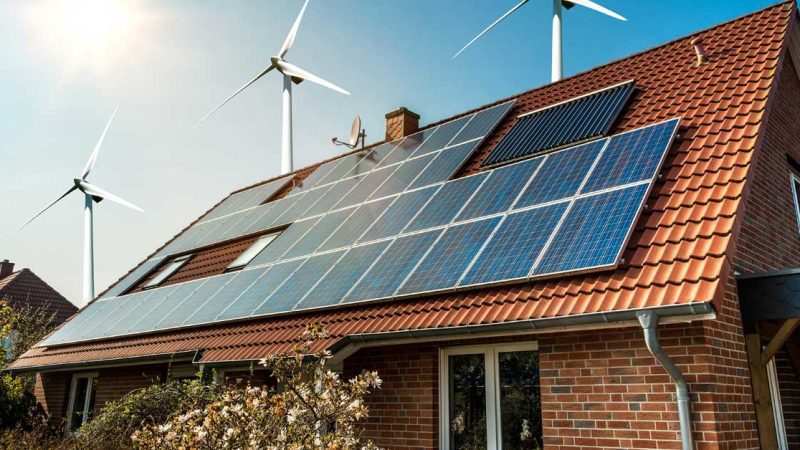Weak voluntary measures not enough to stop ships from treating B.C.’s coastline like their personal toilet bowl
May 3, 2023
Unceded Coast Salish Territories (VANCOUVER, BC) — Canada’s federal government announced this week that it is extending its voluntary environmental measures for cruise vessels operating in Canadian jurisdictions during the 2023 cruise ship season.
These enhanced environmental measures indicate that Canadian and foreign vessels should “avoid discharging greywater and sewage within 3 nautical miles of shore, when possible; treat greywater with sewage before it is discharged between 3 and 12 nautical miles from shore, as much as possible; and use an approved device to treat sewage between 3 and 12 nautical miles from shore.” This, however, doesn’t include acidic fossil fuel waste dumping, on board monitoring, and its enforcement is voluntary. This comes in lieu of the highly anticipated Interim Order from Transport Canada as part of Ottawa’s commitment to protect the ocean.
”In principle, these rules have the right idea but are still not strong enough, and as long as they remain voluntary, Canada will continue to miss the boat on defending ocean ecosystems from the tidal wave of pollution from vessels,” said Anna Barford, Canada Shipping Campaigner at Stand.earth. “Transport Canada promised mandatory versions of these regulations in 2023, but this week we learned that endangered species and biodiversity of the West Coast will remain vulnerable as ships continue to treat the coastline as their personal toilet bowl.”
Public support for ocean protection is overwhelming. Last month, as the first cruise ship of the season docked in the Port of Vancouver, over 50,000 people signed and delivered a petition calling on Transport Minister Omar Alghabra to end cruise ship dumping. In February, Stand.earth projected a video message onto Vancouver’s Burrard Bridge that called on Canada’s federal government to enact stronger regulations that protect marine life and coastal communities from ocean pollution, and also shared the video outside the Vancouver Convention Centre on the opening day of IMPAC5.
Over the last decade, the cruise ship industry on Canada’s West Coast has exploded. In 2019, more than one million passengers and crew from 30 different cruise ships visited the Victoria cruise terminal during 256 ship calls on their way to and from Alaska. During this time, the B.C coast was subjected to 32 billion litres of dumping of sewage, greywater, and acidic fossil fuel waste from scrubbers. These waste streams contain a variety of pollutants, including fecal coliform, heavy metals and polycyclic aromatic hydrocarbons, which are extremely harmful to aquatic organisms and coastal ecosystems. Contaminants not only impact the health of the marine ecosystem, toxins can bioaccumulate to the food on our plates.
Last year, Transport Canada announced that it would improve measures on greywater and sewage pollution, a welcomed first step worth celebrating – as long as they actually become enforceable regulations before the start of the cruise season this spring. Over the summer, an Access to Information and Privacy Request obtained by National Observer revealed that Transport Canada planned to crack down on scrubbers in 2022, but instead let the cruise ship industry talk them out of it. Municipalities have since joined the chorus of voices calling for a ban on scrubbers, with a unanimous motion at the September 2022 Union of BC Municipalities convention. Meanwhile, the cruise industry continues to present itself as an important economic driver behind Victoria’s tourism industry despite analysis revealing that economic benefits of non-cruise tourism dwarf those from cruise tourism.
”Our neighbours in Washington, Alaska and California have brought in rules to prevent toilet bowls forming under their jurisdiction, to ban acid dumping machines, and to put the onus on the polluter to prevent pollution,” said Barford, “Canada seems to be comfortable lining the pockets of cruise executives at the expense of thriving coastal ecosystems and communities.”
Stand.earth is calling on Canada’s federal government to support coastal communities by instituting an ambitious ship pollution oversight program.
###
Media contacts:
Ziona Eyob, Media Director – Canada, canadamedia@stand.earth, +1 604 757 7279 (Pacific Time)



